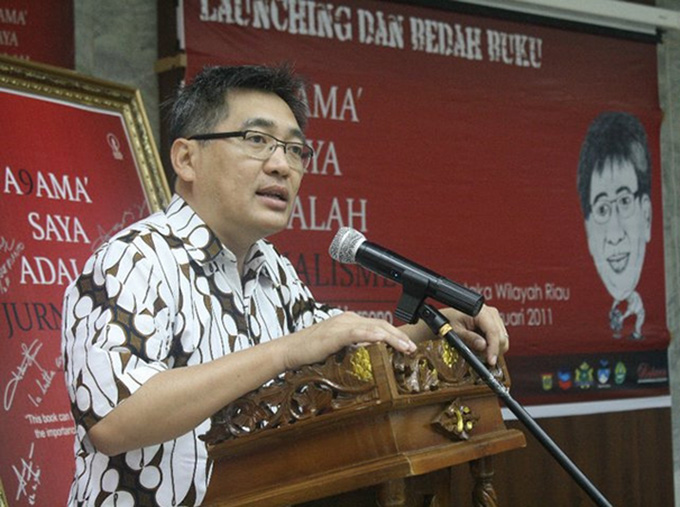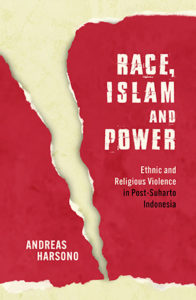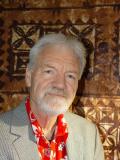
By David Robie
AUCKLAND (Asia Pacific Report/Pacific Media Watch): A human rights defender and researcher has warned in a new book published on the eve of the Indonesian national elections today that the centralised political system has failed many of the country’s 264 million people – especially minorities and those at the margins, such as in West Papua.
Author Andreas Harsono also says a “radical change is needed in the mindset of political leaders” and he is not optimistic for such changes after the election.
Harsono is author of Race, Islam and Power: Ethnic and Religious Violence in Post-Suharto Indonesia, a book based on 15 years of research and travel between Sabang in Aceh in the west and Merauke in West Papua in the East.
READ MORE: Indonesian elections – environment a missing topic

Founding President Sukarno used the slogan “from Sabang to Merauke” when launching a campaign – ultimately successful – to seize West Papua in 1961.
But, as Harsono points out, the expression should really be from Rondo Island (an unpopulated islet) to Sota (a remote border post on the Papua New Guinean boundary.
Harsono, a former journalist and Human Rights Watch researcher since 2008, argues that Indonesia might have been more successful by creating a federation rather than a highly centralised state controlled from Jakarta.
“Violence on post-Suharto Indonesia, from Aceh to West Papua, from Kalimantan to the Moluccas, is evidence that Java-centric nationalism is unable to distribute power fairly in an imagined Indonesia,” he says. “It has created unnecessary paranoia and racism among Indonesian migrants in West Papua."
Read the full article at Asia Pacific Report
- Andreas Harsono will visit Auckland on August 21-24 and attend the Melbourne Writers Festival in Australia in late August.
- Andreas Harsono (2019). Race, Islam and Power: Ethnic and Religious Violence in Post-Suharto Indonesia. Melbourne: Monash University Publishing. 288 pages.
- Are Chinese-Indonesian voters key to the election?
- Indonesian double standards over press freedom endanger safety of Papuan journalists
This work is licensed under a Creative Commons Attribution-NonCommercial 3




